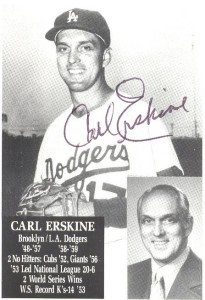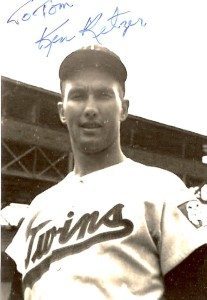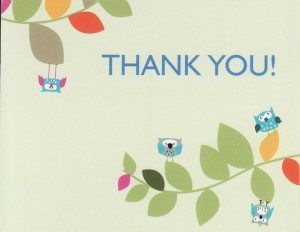
Is Ryan Braun paying Al Rosen nickname rent?
Long before Braun was known as “The Hebrew Hammer,” the 1950s Cleveland Indians slugger owned the moniker.
Don’t ask Rosen. He’s proud of his Jewish heritage. He just doesn’t know how the nickname appeared.
Did it come from a Cleveland sportswriter? From a teammate? Or, did he earn the title during his minor league days?
“I have no idea,” he wrote.
The four-time All-Star, who claimed two league home run titles and the 1953 American League MVP award, had to wait his turn for the third base job. Kenny Keltner held the post through 1949.
How did Rosen explain his breakout season of 1950, which featured 37 homers and 116 RBI? What made the difference?
“Having a chance to play regularly,” he explained. “Check minor league stats.”
Explaining the nickname will have to come later. I hope to make “Flip” (Rosen’s first nickname earned as a teen) do just that.
Theories, anyone?




